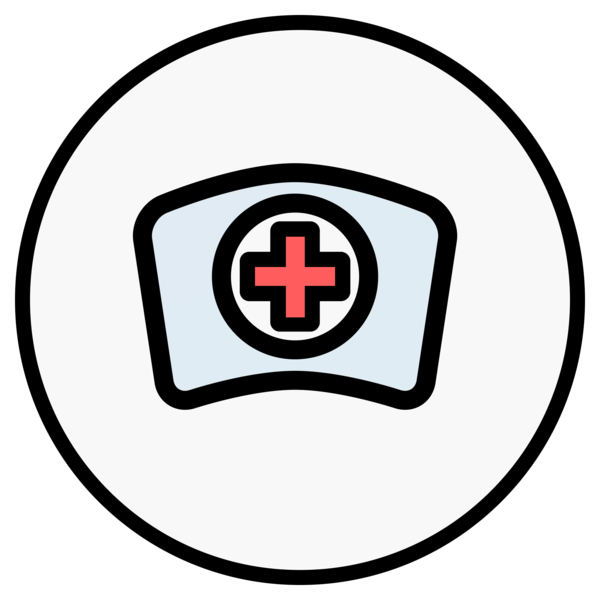Introduction:
The term nursing immediately conjures up romantic images of Florence Nightingale, who is remembered as the path-breaking founder of nursing and a pioneer who revolutionized hospital sanitation methods during the Crimean war. What is not known is that Florence Nightingale was also a shrewd statistician who pioneered the collection of medical data and introduced methods in systematic record keeping of patients.
Since Florence Nightingale’s time, nursing has made tremendous strides and has become an allied specialty of hospital medicine and there are many branches in nurses. We have nurses specialized in Operation theatre procedures, we have intensive care nurses; we have nurses well versed in pulmonary medicine and general nurses. In fact nursing is an integral part of Orthodox medicines and one cannot dispense away with nursing personnel anymore.
Over the last few years, many complementary or alternate systems have been integrated into main stream medicine and a new branch of nurses has sprung up and they are called as holistic nurses.
What is so unique about Holistic nurses?
Holistic nurses are specially trained to approach nursing in a medical and psychosocial way. They are trained to introduce non-traditional and multidisciplinary nursing practice modalities into mainstream nursing. Holistic nursing programs add training in compassion, self-care, massage, life style counseling, acupuncture, acupressure, healing or therapeutic touch, intuition, spirituality, and the knowledge of herbs and Ayurveda into their care of the patient. In short they are trained to treat the patient as a whole – MIND, BODY AND SOUL.
Holistic nursing offers an opening to focus on wellness, healing and illness prevention from a more spiritual and naturopathic perspective.
To summarize, holistic nursing uses an all inclusive approach which blends time-honored orthodox western nursing theory and practice with the principles and practices of Holistic health care to help patients attain the best possible health.
Do nurses have to be specially trained to become holistic nurses?
The answer is yes There are certificate courses available in America, Canada and many western countries and a Certification in Holistic Nursing offered by AHNA is well sought after. But much of holistic nursing is intuitive. Holistic nurses learn all the time and it is better if they have an empathic demeanor and a spiritual bent of mind. However, in India, most holistic wellness clinics, which mostly use Ayurvedic therapies, used home trained nurses, who are not trained in special schools of nursing. Very often generations of these untrained nurses have a long family lineage in the art and therapeutics of Ayurvedic practices.
Conclusion:
Medicine has turned a full circle with the advent of newer stress related diseases, with the explosion of the number of cases of AIDS, with the ever increasing spectrum of Diabetes Mellitus and Coronary vascular diseases. Nursing cannot remain impersonal anymore. More and more medical specialists are integrating mainstream medicine with complementary systems to combat newer diseases. It is just natural that orthodox nursing joins hands with Holistic nursing to take patient care to more spiritual levels.
